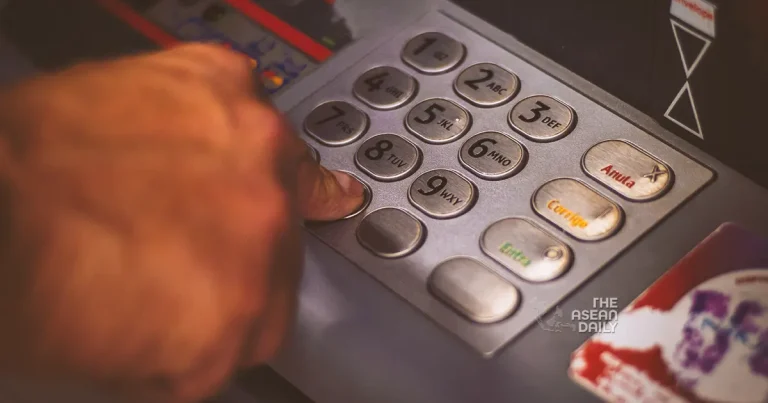3-11-2023 (BANGKOK) Deposits under the Deposit Protection Agency (DPA) have experienced a 1.32% year-on-year decline, marking the first decrease in a decade, according to DPA president Songpol Chevapanyaroj. The drop has been attributed to a fragile economy and the ongoing war in the Middle East. As of August 31, 2023, deposits amounted to 16.0 trillion baht, a decrease of 212 billion baht from the end of 2022. Mr. Songpol cited uneven economic conditions, increasing living costs, and the pursuit of alternative investments with higher returns, such as gold, as contributing factors to this shift.
The number of depositors protected in member financial institutions has risen by 3.05 million or 3.37% since the end of last year, reaching a total of 93.5 million depositors. Under the deposit protection law, depositors at member financial institutions are safeguarded up to 1 million baht per account per institution. This coverage amount provides full protection for retail depositors, who comprise 98.1% of the financial institution system’s depositors.
Mr. Songpol noted that all customer groups, including wealthy individuals and low-wage earners, are experiencing diminishing monetary amounts in their accounts. As of August 2023, depositors with amounts not exceeding 50,000 baht totaled 340 billion baht, indicating a 3.61% decline compared to a 0.63% contraction at the end of the previous year. Additionally, the agency revealed that 80% of these depositors have less than 5,000 baht in their accounts.
Depositors with amounts between 50,000 baht and 1 million baht have decreased in both numbers (by 33%) and the total amount of deposits over the past five years. Mr. Songpol highlighted several factors influencing the economy and deposits, including rising inflation and interest rates, the Russia-Ukraine war, the escalating conflict between Israel and Hamas, the lingering effects of the Covid pandemic, and mounting household debt.
The interest rate gap between the US (over 5%) and Thailand (2%) has prompted some depositors to withdraw their baht-denominated deposits and transfer the funds to foreign deposit accounts. However, it is important to note that depositors in foreign currency deposit accounts are not protected by the DPA and must assume exchange rate risks, despite receiving higher interest rates.




